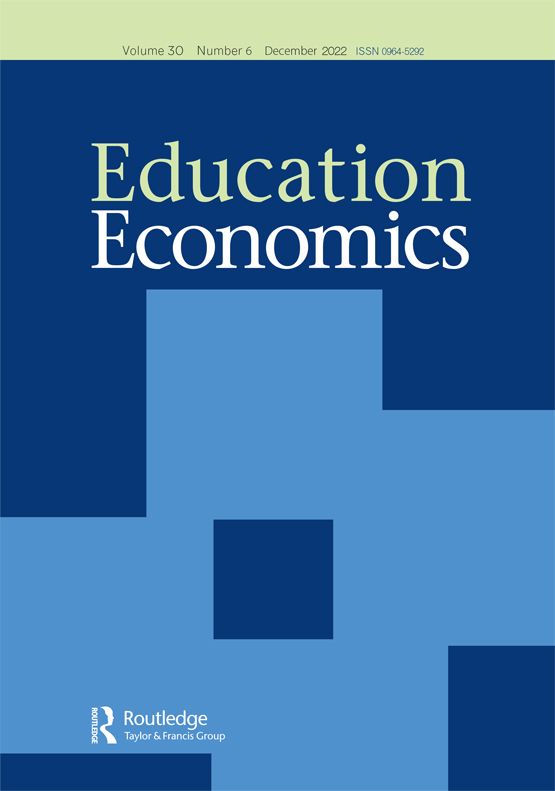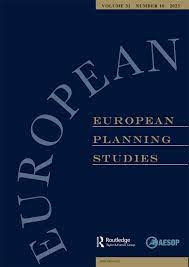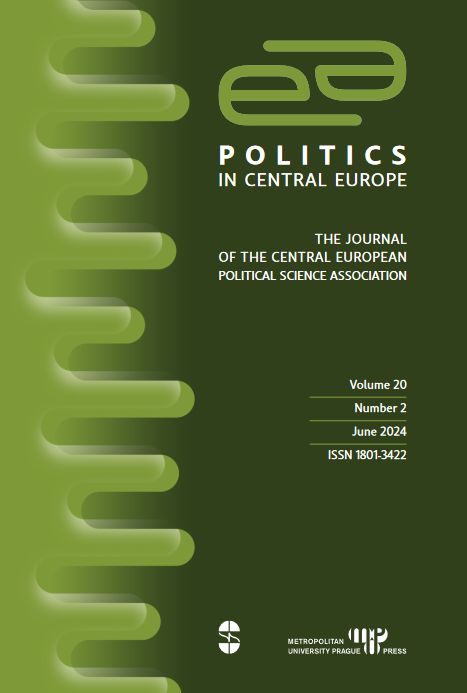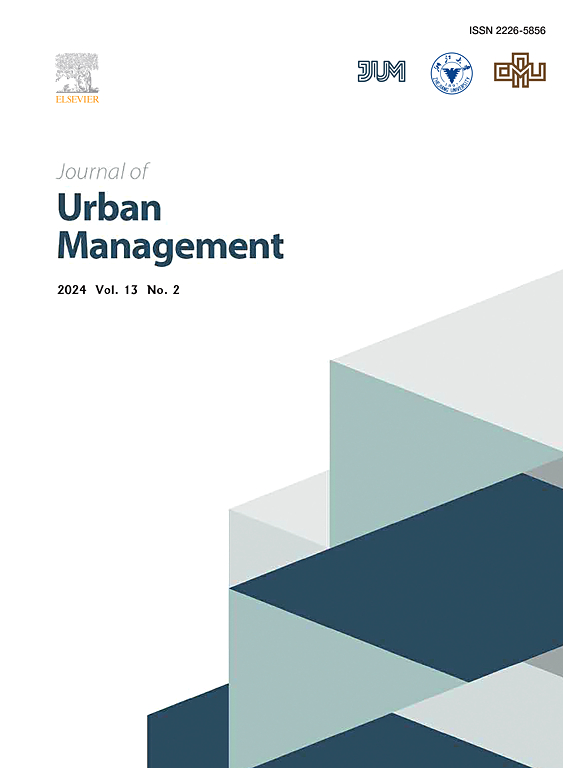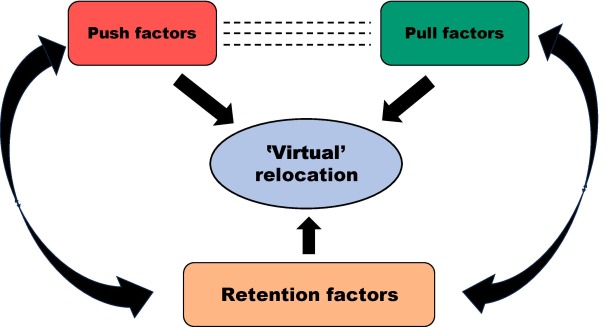08:00-16:00
Absztrakt:
This study examines the impact of geographical mobility on improving worker-firm matches and increasing labor market productivity using Swedish linked employer-employee data. The empirical analysis focuses on newly hired workers and compares the wages of employees who have recently relocated with those hired from the local labor market. We propose that within-firm wage advantages of movers may be present due to the realization of better employer-employee matches and firms providing (direct or indirect) compensation for the monetary and utility costs of relocation. By controlling for wage-setting power through labor market concentration, which affects the ability of firms to offer compensating differentials, and examining the magnitude of mobility gains at different levels of labor market concentration, we aim to determine if geographical mobility offers productivity gains and societal benefits on the top of the one-sided gains for movers. The results indicate that the estimated wage advantage for recent movers is dependent on the level of labor market concentration. In non-competitive markets with high labor market concentration, the estimated mover premium is positive, which is consistent with simple models of monopsonies or bargaining. Conversely, in competitive markets, we found the absence of a mover premium, providing no evidence for the positive impact of geographical mobility on improving worker-firm matches. Consequently, our results suggest that mobility-related wage gains are influenced by local labor market conditions and are primarily due to the firms’ wage-setting power and their ability to offer compensation for movers’ mobility costs. The results are robust to the definition of local labor markets, the choice of controls and the identification strategy used. Patterns of heterogeneity in the wage effects suggests that bargaining power differences can, to some extent, alter the received mobility premium.


